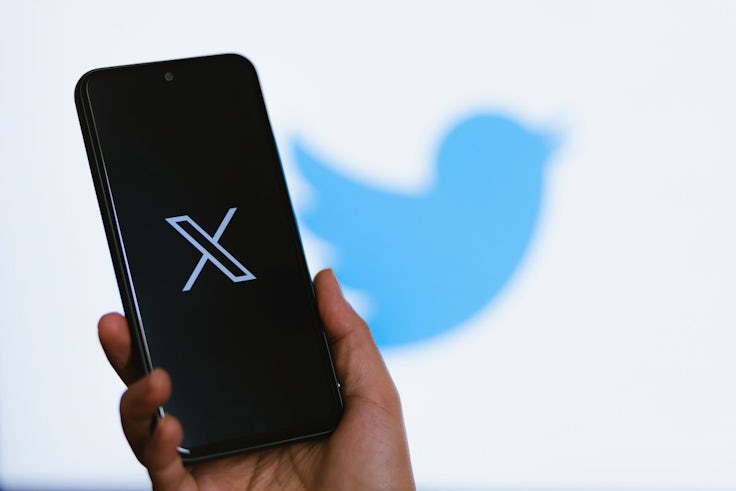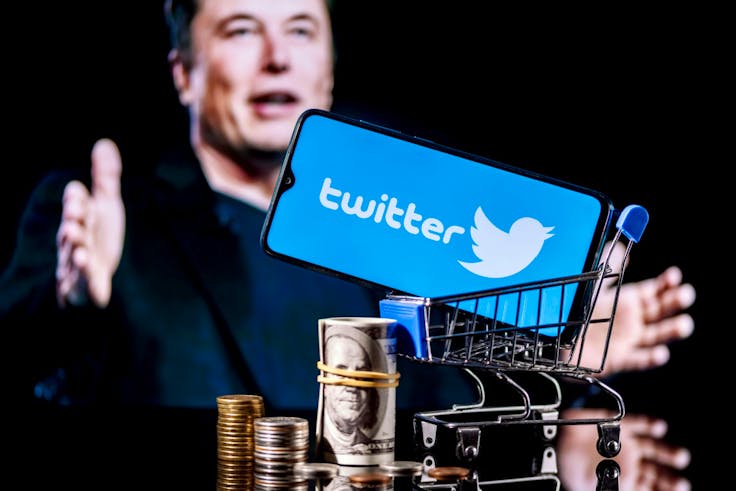X reputation falls to lowest level since Musk takeover
Following Elon Musk’s tweets supporting far-right violence in the UK and a recent antitrust lawsuit against the WFA, X’s reputation continues to decline.

Since Elon Musk took over X (formerly Twitter) in 2022, the platform’s reputation has steadily declined, with 42% of daily users in the UK now holding a negative view of it.
According to a new YouGov study conducted this week, the social media platform has hit its lowest reputation ratings in two years since Musk’s purchase, with 51% of non-users viewing it negatively.
The study finds 62% of daily users believe there’s “too much freedom” to post offensive or harmful content on X. Nearly half (48%) of the public and 58% of non-daily users agree.
In contrast, only 12% of the public think X balances freedom and moderation well, and just 5% find X’s moderation too strict.
Moreover, nearly four times as many Britons hold a negative view of Elon Musk (64%) as those with a positive view (17%).
The Week in Tech: Musk under fire, YouTube and programmatic advertising
This comes after Musk ignited outrage from the UK government over the spread of misinformation on his platform and his own inflammatory tweets during violent riots in the UK.
Musk responded to a post about far-right riots on X, declaring: “Civil war is inevitable”. He also shared, then deleted, a fake article that appeared to be from the Daily Telegraph, promoting a conspiracy theory about the UK building “detainment camps” on the Falkland Islands for rioters.
A spokesperson for UK prime minister Keir Starmer condemned Musk’s tweet, stating: “There is no justification for comments like that.”
However, the public’s opinion of Musk is not noticeably different as a result of the recent riots, the study finds. The national results of this survey are largely the same as those of one conducted during the height of the riots (on 7 and 8 August) and a year earlier, in July 2023.
WFA makes ‘difficult decision’ to discontinue GARM following X lawsuit
The study also follows a recent lawsuit by Musk and X CEO Linda Yaccarino alleging the Global Alliance for Responsible Media (GARM), run by the World Federation of Advertisers (WFA), and its members, including Unilever and Mars broke US competition law by creating an “illegal boycott”.
The basis of the lawsuit is a report from the US House of Representatives Judiciary Committee, which found “the extent to which GARM has organised its trade association and coordinates actions that rob consumers of choices is likely illegal under the antitrust laws”.
As a result, the WFA had to disband GARM due to a lack of financial resources.
Across the industry, people were disappointed in GARM’s closure. IPA director general Paul Bainsfair says GARM served an “important role” in “tackling illegal or harmful content online, raising standards across the board in the process.”
“Illegal and harmful content on digital media platforms remains a significant challenge for our industry, and one that will require cross-industry collaboration to solve,” he adds.
The figures represent a significant decline since the study began in 2022 when Musk was first positioning himself to purchase the platform. While about the same number of Britons had a positive view of Musk then (23%) as do now, far fewer people actively disliked him (40%).
Even a year after Musk rebranded the platform to X, only 4-5% of the wider public refer to it by its rebranded name, while 70% of Britons say they still refer to the platform as Twitter.






